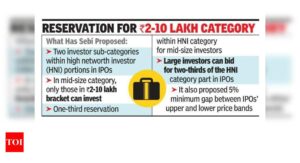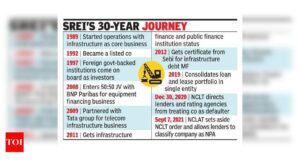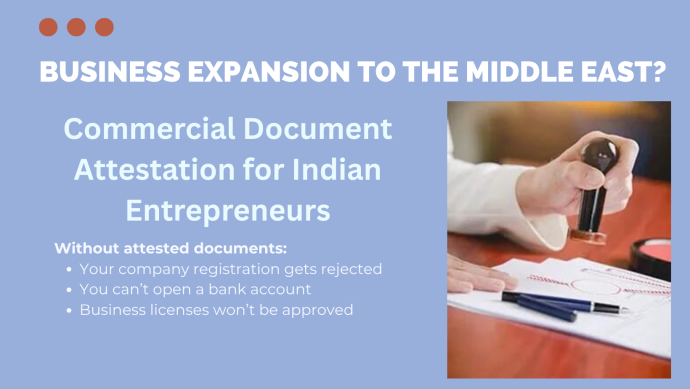Sebi makes it easier to delist cos after acquiring over 75% – Times of India

[ad_1]
MUMBAI: The board of markets regulator Sebi on Tuesday made it easier for an acquirer to delist a company after buying 75% or more in it and made the process seamless. At present, an acquirer has to first buy 75% and then undertake a reverse book-building process to delist the company. At the same time, to protect interests of minority shareholders, Sebi said that if the acquirer wants to delist a company, it has to be at a higher price to the open offer price.
The regulator’s board also gave its nod for setting up social stock exchanges, aimed at making fund-raising easier for social enterprises. Additionally, it changed rules for holders of shares with superior voting rights, which is expected to make it easier for new age companies to get listed.
Under the current process to delist a company, if an acquirer takes a majority ownership in a company through an open offer and has a stake of over 75% in the company, the acquirer has to first bring this down to 75% level. Only after that it could go for a reverse book-building to decide on the delisting price. This, on the one hand, takes a lot of time. On the other, if the price discovered through the reverse book-building process is too high, that could make the delisting process unviable.
“Such directionally contradictory transactions in a sequence pose complexity in the takeover of listed companies, especially where the acquirer desires to get the company delisted pursuant to his takeover,” the Sebi release said. The revised framework aims to make M&A transactions for listed companies a more rational and convenient exercise, balancing the interests of all investors in the process, it said.
If an acquirer wants to delist the target company, he has to “propose a higher price for delisting”, which is higher than the open offer price. “If the response to the open offer leads to the delisting threshold of 90% being met, all shareholders who tender their shares shall be paid the same delisting price and, if the response to the offer leads to the delisting threshold of 90% not being met, all shareholders who tender their shares shall be paid the same takeover price,” Sebi said. If after the open offer the acquirer crosses 75% holding level, it would get one more year to try to delist the company.
Vikram Raghani, partner at corporate law firm J Sagar & Associates, said first-time acquirers can now attempt delisting by offering what they believe is a commercially reasonable price without having to worry about an exorbitant price thrown up by the reverse book-building method. “With increasing shareholder activism and sound guidance provided to minority shareholders on the reasonableness of the price offered, this should be an attractive proposition for public M&A,” Raghani said.
The regulator’s board also gave its nod for setting up social stock exchanges, aimed at making fund-raising easier for social enterprises. Additionally, it changed rules for holders of shares with superior voting rights, which is expected to make it easier for new age companies to get listed.
Under the current process to delist a company, if an acquirer takes a majority ownership in a company through an open offer and has a stake of over 75% in the company, the acquirer has to first bring this down to 75% level. Only after that it could go for a reverse book-building to decide on the delisting price. This, on the one hand, takes a lot of time. On the other, if the price discovered through the reverse book-building process is too high, that could make the delisting process unviable.
“Such directionally contradictory transactions in a sequence pose complexity in the takeover of listed companies, especially where the acquirer desires to get the company delisted pursuant to his takeover,” the Sebi release said. The revised framework aims to make M&A transactions for listed companies a more rational and convenient exercise, balancing the interests of all investors in the process, it said.
If an acquirer wants to delist the target company, he has to “propose a higher price for delisting”, which is higher than the open offer price. “If the response to the open offer leads to the delisting threshold of 90% being met, all shareholders who tender their shares shall be paid the same delisting price and, if the response to the offer leads to the delisting threshold of 90% not being met, all shareholders who tender their shares shall be paid the same takeover price,” Sebi said. If after the open offer the acquirer crosses 75% holding level, it would get one more year to try to delist the company.
Vikram Raghani, partner at corporate law firm J Sagar & Associates, said first-time acquirers can now attempt delisting by offering what they believe is a commercially reasonable price without having to worry about an exorbitant price thrown up by the reverse book-building method. “With increasing shareholder activism and sound guidance provided to minority shareholders on the reasonableness of the price offered, this should be an attractive proposition for public M&A,” Raghani said.
[ad_2]
Source link







